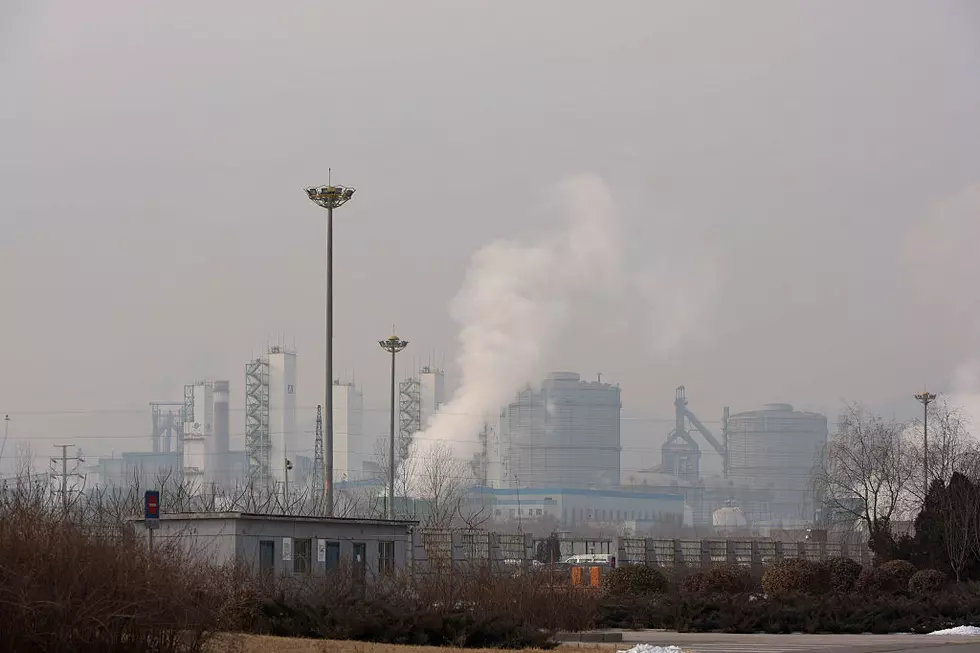
Air Pollution Linked to an Increased Risk of Strokes, Heart Attacks
In a study published Monday in the Archives of Internal Medicine, analysis of over a decade of data suggests that even a brief rise in traffic-related air pollution could increase someone’s short-term risk of stroke.
The data, pulled from a Boston-area stroke center, indicates people are more likely to have a stroke in the 24-hour periods after air quality drops into a range the Environmental Protection Agency (EPA) deems “moderate.”
“At levels that the EPA considers to be generally safe, we found an important effect of ambient air particles, which is one of many pollutants in the air, but an important one,” study coauthor Gregory A. Wallenius, Sc.D., an assistant professor of community health at Brown University Medical School in Providence, R.I., told Health.com.
For the study, Wallenius collaborated with researchers at Beth Israel Deaconess Medical Center and the Harvard School of Public Health, both in Boston. They compared 1,705 local stroke cases with detailed readings on the day-to-day levels of airborne pollutants, including vehicle emissions like nitrogen dioxide, particulate matter and black carbon, and concluded the odds of having a stroke were 34 percent higher after a day of “moderate” air quality than after a “good” air day.
While the study only involved patients in Boston and doesn’t prove air pollution is a direct trigger of strokes, the researchers estimate reducing fine particulate matter by 20 percent would have prevented 6,100 of the 184,000 stroke hospitalizations in the northeastern United States in 2007.
Dr. Wallenius said the findings don’t necessarily argue for tighter restrictions on U.S. air quality standards, but he does think that if the study was replicated in cities outside of Boston with similar results, “it would be a good idea to review the health warnings that come with certain particle levels.”
More From WIBX 950










